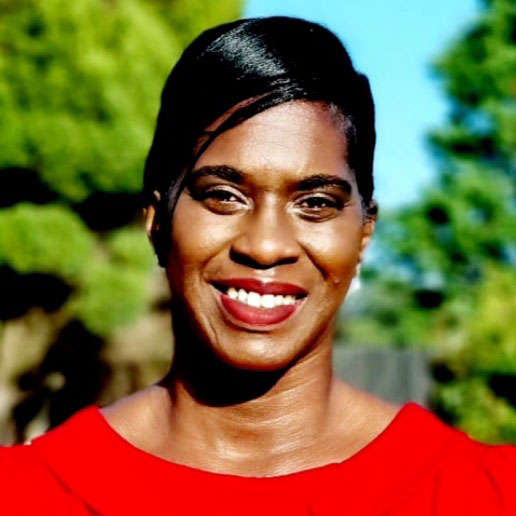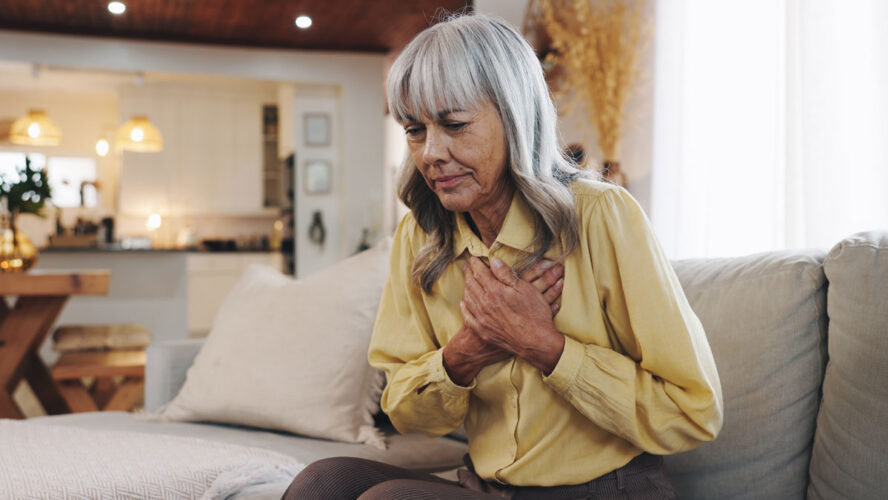
Esther Kuku
Director of Communications and Engagement, Resuscitation Council UK
Time is critical during cardiac arrest, yet women remain less likely to receive CPR due to misplaced fears. These can be addressed through education and confidence.
When someone suffers a cardiac arrest, every second counts. Immediate CPR can more than double their chance of survival. A defibrillator, used within the first few minutes, can further raise the chances of survival. Yet, the problem is women are less likely to receive CPR or defibrillation in public than men — that needs to change.
What’s holding people back from CPR?
According to a 2024 survey by St John Ambulance, almost one in four people say they’d be less likely to help a woman than a man in cardiac arrest. Common reasons include fear of causing harm, concern about inappropriate contact or being accused of touching someone inappropriately.
Additionally, a review from the International Liaison Committee on Resuscitation (ILCOR) found growing evidence that concerns around exposing women’s chests or removing clothing to use a defibrillator may be stopping bystanders from stepping in. Modesty should never come before saving a life. In a cardiac arrest, hesitation driven by fear or doubt can cost precious time, and with it, a chance to survive.
Almost one in four people say
they’d be less likely to help a
woman than a man in cardiac arrest.
Focus on the CPR facts
When someone needs CPR, the steps are the same for everyone, regardless of gender. You place the heel of one hand, with the other on top, in the centre of the chest and push hard and fast. If there is a defibrillator nearby, the ambulance service will tell you where to find it. The steps are simple — act fast, and don’t hesitate.
Building confidence is the solution
This isn’t about judgment; it’s about education. That’s why organisations like Resuscitation Council UK offer free, practical training that can give anyone the knowledge and confidence to help save a life. We believe a person’s chance of survival should never be determined by their gender.


